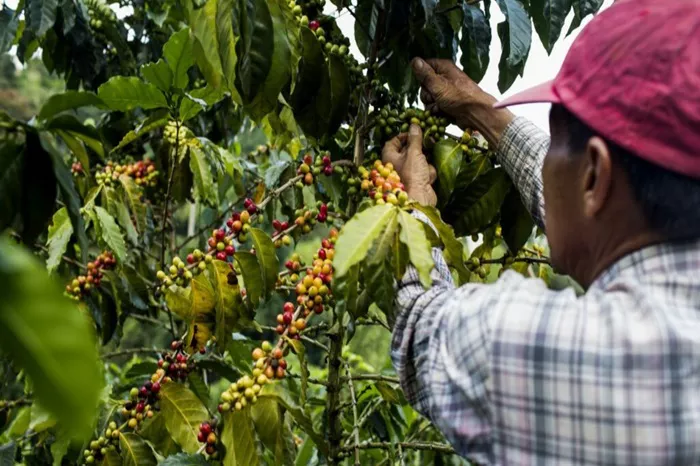A new study from the Universidad de Caldas in Manizales, Colombia, has highlighted the potential of PICS (Purdue Improved Crop Storage) bags to transform coffee storage practices in the country’s highlands, where arabica coffee thrives. The research offers promising solutions for smallholder farmers aiming to preserve coffee quality and maximize their income.
Coffee is a vital cash crop for many tropical regions, but it faces significant storage challenges. As a seasonal crop, coffee prices fluctuate with harvest cycles, often leaving farmers vulnerable to market dynamics. Traditional storage methods, while commonly used, often fail to preserve the unique qualities that make Colombian coffee globally renowned.
A key factor in coffee storage is water activity, which measures the amount of free water in the beans. This is closely linked to moisture content and can indicate the potential for spoilage. It also plays a crucial role in the browning reactions during roasting that give coffee its distinctive aromas and flavors. If the water activity is too high, spoilage occurs, but if it’s too low, the coffee’s aroma and flavor can suffer.
Related topics:
- Seed Café & Espresso Bar Offers Coffee, Plants, and Relaxation in Pawtucket
- Taninthayi Region Expands Coffee Plantations, Boosting Exports
- Power Root Plans Own Coffee Plantation as Prices Surge


